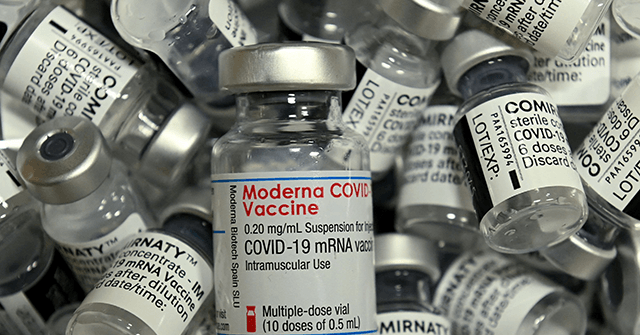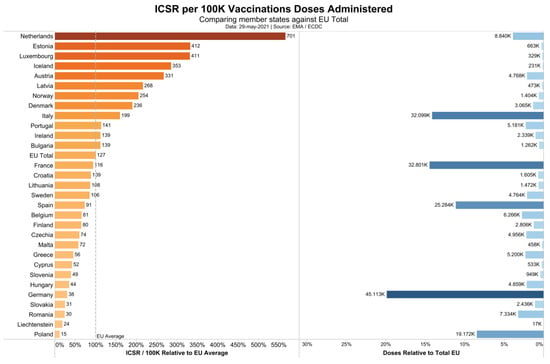So, this is my understanding from a long ago Econ course I took, so take that for whatever little it is worth. I believe that the FDA standard had always been safety and efficacy, but the emergency standard, which doesn't generally apply to vaccines, but to therapeutics, is safety only. This means that drugs that have been proven safe for one use could be used, under that standard, to treat conditions for which there was not sufficient efficacy evidence. A good example from Covid would be that hydroxychloquine is already proven safe as a treatment, and under emergency waiver could be used even if efficacy was not clear.
This was like 1993 or something, so the laws and standards could have changed, and I never studied anything related to medicine, so this was information about regulation, but that is my memory.
The FDA's usual criteria for approval or clearance are 1) safety, 2) efficacy, and 3) quality. The first and second should be pretty obvious; the third is not "quality" in the sense of "this BMW has a really nice interior" or "the bolt on this Impact action sure runs smoothly" but rather the more boring (and important) attribute of being manufactured as intended by the design.
EUAs are a bit more complex, in that a general emergency must exist (this process came about after the post-9/11 anthrax scare), and then it mainly comes down to proving that the product "may be effective" (the FDA's words, not mine), the benefits must outweigh the risk, and no other alternatives exist.
More here:
https://www.fda.gov/media/142749/download
Covid appears to have killed a shit-ton of people, most of them old and/or having pre-existing conditions. The benefits of the vaccine is almost certainly is worth the risk to that population, and oddly enough, they don't seem to suffer adverse reactions. My dad, in-laws, and family friends have a number of pre-existing conditions, and for them the jab had very little or no consequence.
Young healthy people have seemingly little to fear from Covid - it would appear less dangerous than the flu - so the risk/reward equation should have a different bias. For whatever reason, they also seem to get hit by the vaccine in a different manner. It would seem that they should not be getting jabbed. But since we're ignoring the benefits of natural infection when calculating "herd immunity", and since we keep on making up bigger and bigger numbers for this metric (which itself is screwed up, since transmission and immunity are probabilistic events), and since I suspect there is information kept behind closed doors that the efficacy of the vaccines maybe aren't as good as claimed, we've got a bunch of old and frightened people that won't support a return to normal until we've jabbed everyone.
A rational approach might have been to stick anyone over, say, age 55, and anyone younger with pre-existing conditions or simply who wanted it and who had no natural immunity.
Furthermore, it probably would have made more sense to skip the two-dose prime and booster schedule for younger people. The elderly probably benefit from this since their immune systems are too old to give a fuck, but younger people respond differently to infection and the data shows that it's the 2nd shot which causes the majority of problems.
As a side note, the EUA requires only 50% efficacy (the target is actually lower when adjusted with a confidence interval). A single shot of the mRNA vaccine supposedly is 80% effective, and the second shot brings this to 90%. Is that last 10% really all that important for a young person for whom a fatal Covid infection is statistically improbable? Or is something else going on? (Like maybe it's not about efficacy of protection for the vaccinated person, but rather something related to transmissibility for asymptomatic carriers?)
The bottom line is, yet again, the Boomers put themselves first and screwed over a younger generation. Sure, we might have doomed a few thousand previously-healthy kids and young adults to early heart failure, but the retired crowd can get back to drunkenly reliving their younger days at local biker festivals, and seeing Journey the next time they're on tour without any fear of the 'rona. Totally worth the trade-off!

 www.breitbart.com
www.breitbart.com



